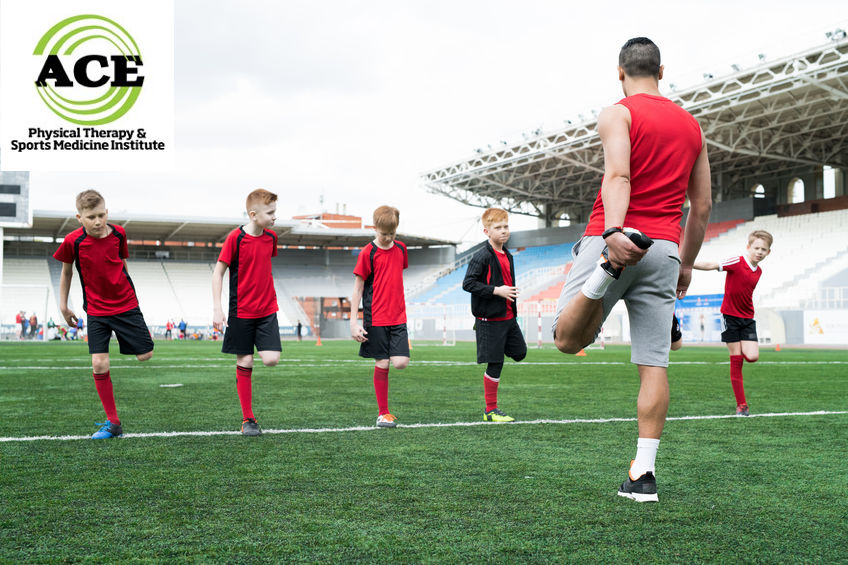SHOULD YOUNG ATHLETES PARTICIPATE IN EARLY MORNING WORKOUTS?

Tid Bits of Info
- Adolescents need 8-10 hours of sleep per night.
- Adolescents experience a shift in their circadian rhythm due to hormones and it causes them to fall asleep later and wake up later.
- Sleep deprivation can cause high anxiety, decreased immunity and less healing capability of the body.
- Some adolescents don’t consistently achieve the “deep” sleep portion of the sleep cycle.
- It would be wise to avoid early morning conditioning programs for adolescent athletes.
As our society starts to reopen in the wake of COVID-19, many sports teams are working to get players back in shape. Early morning workouts often play a key role in the overall team re-conditioning. At the same time, healthcare professionals recommend some caution in regard to early morning workouts for young athletes. While it is essential that athletes must be physically and mentally prepared before returning to gameplay, it is also vital that young athletes have proper sleep for better performance and overall health.
Many high school and college teams hold conditioning programs at the break of dawn. There is some concern in the healthcare world about the young athlete performing a conditioning program early in the morning and missing several hours of precious sleep. The thought of too many strength and conditioning specialists is that early morning workouts help to develop a “tougher more dedicated” athlete. In some instances, this might be true but the detriment of the early morning workout might cause more harm than good.
Sleep patterns of adolescents change as they move through their teen years. The hormonal changes lead to a shift in their circadian rhythm and they stay up late at night and sleep later in the morning. When early morning workouts are a part of their life, the will lose a great deal more than a couple of hours of sleep. The battle between the naturally occurring hormonal change and a demanding conditioning program early in the morning can lead to serious health issues.

The simple fact that the athlete will be exercising on very little sleep (8-10 hours per night is recommended for this age group) can lead to poor performance during the routine and a decrease in overall production. Many times the athlete will not eat well if they wake up early to go to an early morning training session. Sleep deprivation can lead to depression, a suppressed immune system, and lack of motivation in the classroom and/or on the “practice field.” It might be wise to have young athletes sleep later in the morning and work out in the afternoon.
In short, the negatives of early morning conditioning programs far outnumber the positives. Summarizing the negatives:
- These early morning workouts can lead to chronic lack of sleep. The young athlete’s circadian rhythm shift to later nights and mornings is not going to be altered because the coach requires them to condition early in the morning. The young athlete will be sleep-deprived and eventually chronically sleep-deprived.
- Many athletes do not eat a good nutritious breakfast before or after an early morning conditioning program. Not eating a healthy breakfast can lead to poor performance during the workout session due to a low glycogen level.
- Early morning workouts can inhibit the healing capabilities of the body. The body heals during the “deep” sleep phase of the sleep cycle and when a young athlete falls asleep later at night and has to wake up earlier than their “body clock” wants them to they might not attain the “deep” sleep portion of their sleep cycle.
- Sleep deprivation has been linked to a higher incidence of injury. The young athlete’s body is more prone to suffering an injury when they are tired. They are more prone to higher anxiety and stress levels when chronically sleep-deprived.
Early morning workouts occur for a number of reasons and in many instances, it is the only time available for a team to condition together. The development of team unity during these workouts can be really important but coaches and healthcare providers must assess if the benefit is great enough to counter the possible detrimental effects of those conditioning sessions.
























